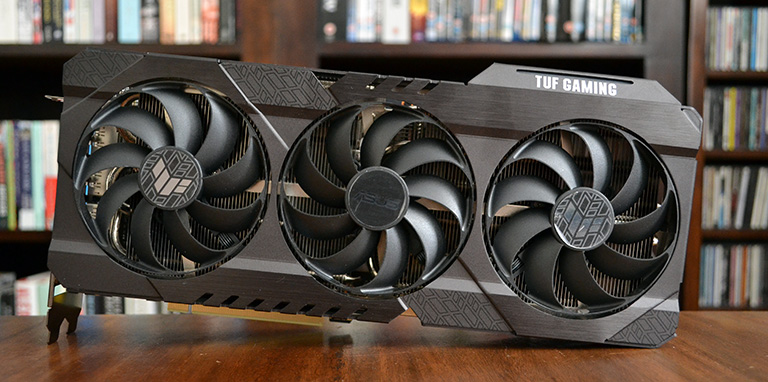Conclusion
The gap naturally closes as the subsystem becomes less of an influence...If you are fortunate enough to be genuinely considering the GeForce RTX 3090 then chances are you'll have appropriate budget for the supporting cast. Those contemplating a new build will likely pair the monster GPU with the best that Intel and AMD has to offer on their mainstream platforms. Right now, those two chips are the 10C20T Core i9-10900K (£550) and 16C32T Ryzen 9 3950X (£680).
Benchmarking eight titles at three resolutions on systems housing these processors and other high-end kit highlights a clear truth. Intel's premier mainstream chip remains the fastest solution if the primary purpose is extracting the highest fps at FHD. To this end, it is, on average, 8.1 percent faster than AMD. Average doesn't tell you a whole heap because the gap is entirely dependent upon games engine. Far Cry New Dawn, for example, is 25 percent faster while Borderlands 3 is merely 3.8 percent. If it needs one, AMD's defence is that 3950X still enables the RTX 3090 to average over 100fps in every title.
The gap naturally closes as the subsystem becomes less of an influence. Intel remains in the ascendant at QHD, albeit to a degree that is not readily perceivable during gameplay. At 4K, however, there is next to no difference between the pair, and it's AMD that's faster more often than not.
Those needing every last fps ought to consider, for now, Intel Core i9 first and foremost. Its high-frequency operation represents an identifiable benefit at FHD, especially for fast-paced games allied to high-framerate monitors featuring G-Sync technology. AMD makes a strong case at QHD and UHD for gamers more used to running at between 60-120fps, plus its forward-looking motherboard support and sheer core-and-thread muscle in creator apps is impossible to ignore.
Making matters more nebulous for those itching on the buy-it-now buttons is the emergence of AMD's Zen 3-based processors, likely out very soon, and purportedly offering improved single-thread performance and higher frequencies, if reports are to be believed. Decisions, decisions.
Wanting to build the ultimate gaming rig? GeForce RTX 3090 is a good place to start, but we'd actually hold fire until AMD has fully revealed its Zen 3 and Big Navi hand.














